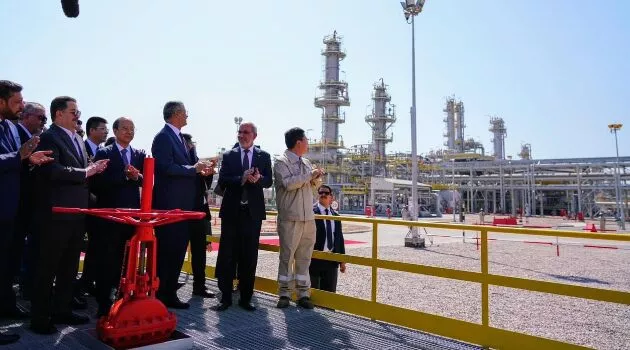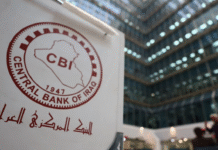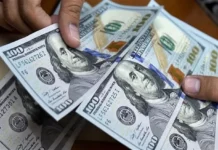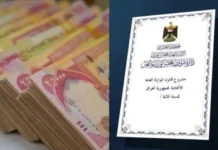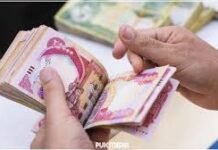In the Halfaya oilfield in Maysan governorate, Iraq’s Prime Minister Mohammed Shia’ Al-Sudani unveiled a significant gas processing project with a daily capacity of 300 million standard cubic feet.
Hayyan Abdul Ghani, Minister of Oil and Deputy Prime Minister for Energy Affairs, stated that the Halfaya gas processing plant’s commissioning represents a significant addition to the industry’s utilization of associated gas and the prevention of its flaring, making it a valuable energy source to support Iraq’s energy sector.
One of the most significant integrated projects is the Halfaya gas processing project, which was made possible by adhering to the plans and programs established by the Ministry and the joint management of the Halfaya field, which included Maysan Oil Company (MOC) and China’s PetroChina [CNPC].
The plant, planned with a limit of 300 million standard cubic feet each day, comprises of two units with a limit of 150 million standard cubic feet each. It is one of Petrochina’s obligations under the contracts for the licensing rounds.
Abdul Ghani explained that the project aims to sweeten and dehydrate the gas before separating its main components to produce dry gas for the national grid to supply Maysan’s over 1,200 megawatt-generating power plants, including the Al-Amarah government plant and the Maysan investment plant. The initial production capacity will range from 1,100 to 1,200 tons per day, and it will also produce liquefied gas for cooking and automotive use.
In addition, the project will contribute to the production of gas condensates at a rate of up to 20,000 barrels per day. These gas condensates will be mixed with crude oil to improve its marketing specifications. As a byproduct of gas processing, it will also produce sulfur, ranging in weight from 20 to 40 tons, which the State Oil Marketing Organization (SOMO) will sell.
Ezzat Sabir, the Deputy Minister for Gas Affairs, made it clear that the project will help stop gas flaring, keep the environment clean, and help the government and ministry invest in renewable energy and associated and free gas.
Sabir went on to say that the ministry has used 61% of associated gas and wants to use 78% by the end of the year. Projects to invest in associated gas in oilfields to stop flaring and turn it into useful energy are ongoing.
